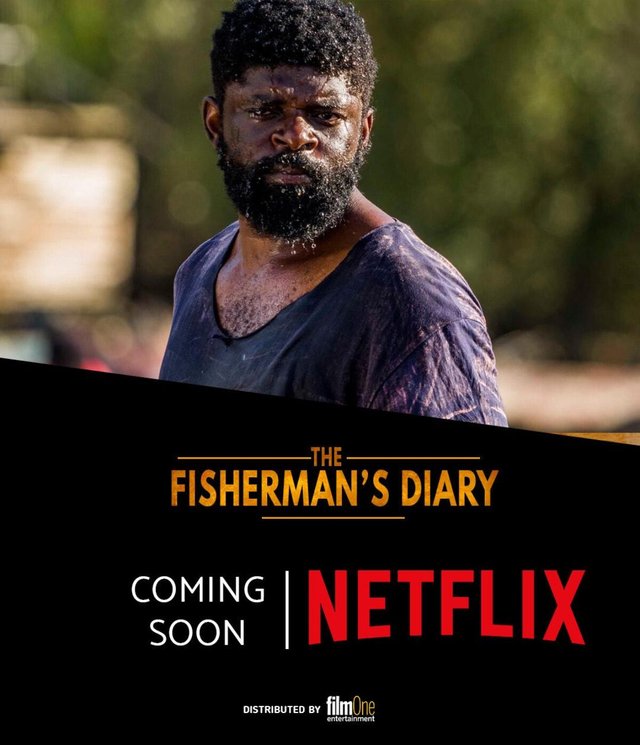 src Pan African Vision
src Pan African Vision
Greetings dear all! Today, I bring to you all my review on “The Fisherman's Diary;” a netflix movie produced and acted in my country, Cameroon. This film has bagged over 93 awards since its released in 2020. I encourage everyone to watch it!
The film reflects the circumstances/ challenges most girl children face on a daily bases in Africa. In some African communities, female education is considered a taboo, and in this film, 12-year-old girl defies the expectations of her father and village to go to school.Such a challenge posed to Cameroonian, the director Enah Johnscot for his drama "The Fisherman's Diary." Inspired by true events, tells the story of a young girl determined to defy her village's archaic views on women's education, as she aspires to attend her local school.
 src Pan African Vision
src Pan African Vision
Conventional wisdom has it that, everyone should have access to quality education irrespective of their socio-economic background. Unfortunately, nowadays girls in most African communities do not have the same opportunities as the male child: most African parents only send the male child to school while the girl child stays back at home since they still believe “most girls endpoint is in the kitchen,” and as such they careless to send them to school or even invest in them. Due to idleness of the girl child at home, most of them quickly run into early marriages and adolescent pregnancy, hence, shattering their dreams. In the novel Half Of A Yellow Sun by Chimamanda Ngozi Adichie, the character Abdulmalik opined “you come to my house. My wife cooks very sweet kuka soup.” By saying this, he inherently attributed women’s role as cooks. This gender imbalance in Africa has caused many to see femininity as the inferior sex and some parents are now using their daughters’ sexuality to meet their personal ambitions.
Personally, I believe that women can as well create same impacts that most men are creating these days. Markenzie Bezos, Rihanna, Beyoncé et al are all women topping world charts as far as influence is concerned. If our own African girls are given same opportunities, they can also do same! It has been proven from recent findings that most of these practices still persist till date because most women and girls lack adequate education; consequently, they do not know their rights. As a young and energetic Cameroonian, I am deeply concerned about this paradox and fervently hope we also synthesize our African sisters to harness the power of education, leadership qualities, self-awareness and global citizenship.